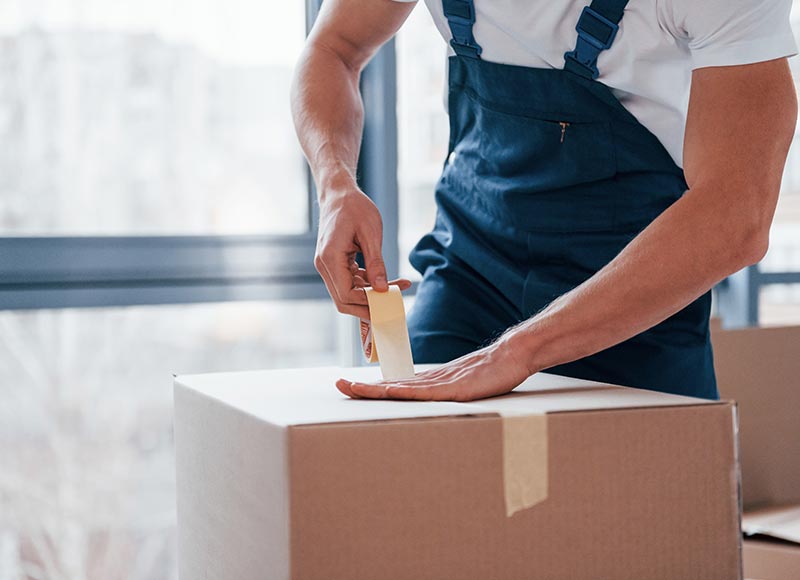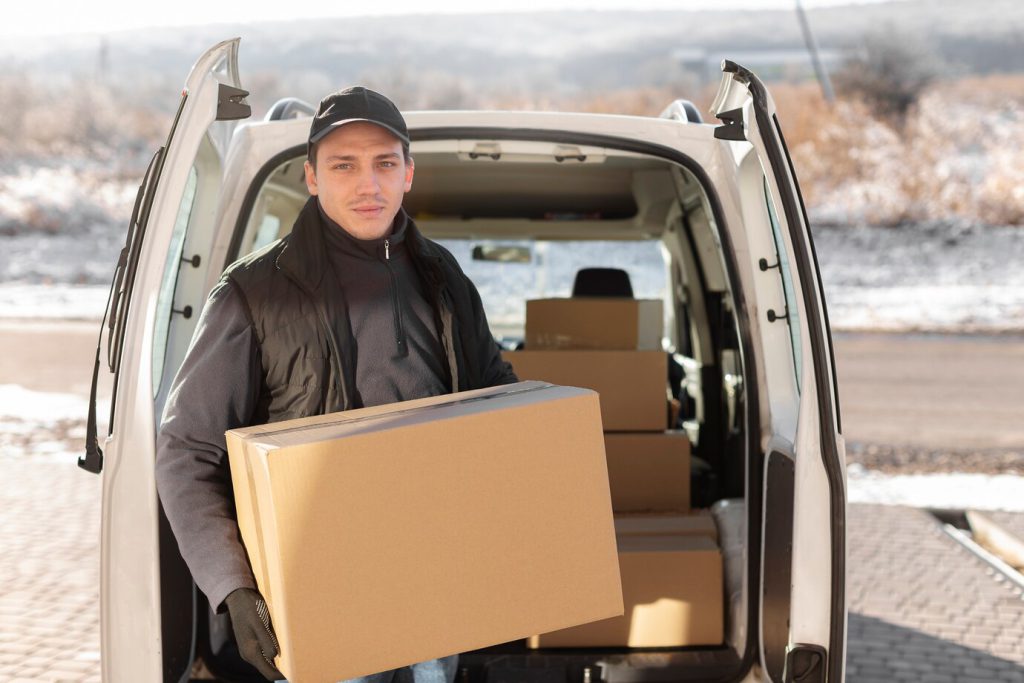Moving can be an exciting time, but it’s also known to be one of the most stressful life events. If you’re planning a local move within Florida, there are ways to ease the pressure and make your relocation as smooth as possible. Whether you’re moving to a new home, an apartment, or an office, the key is to plan ahead, stay organized, and hire professionals when necessary. Below are some top tips that will help you achieve a stress-free local move in Florida.
1. Start Planning Early
One of the most effective ways to reduce moving stress is by starting the planning process as early as possible. Ideally, you should begin preparing for your move at least six weeks in advance. This gives you plenty of time to organize everything without feeling rushed. Here’s a simple breakdown of what to do during the early stages of your move: Create a moving checklist: A checklist will help you stay organized and ensure that nothing important gets overlooked. Include tasks such as decluttering, packing, scheduling utility disconnections and reconnections, and making travel arrangements. Set a timeline: Mark important dates on your calendar to track milestones. Include the packing deadline, date for scheduling the movers, and final cleaning day. Sort through your belongings: Moving is a great opportunity to declutter. Go through your items and decide what to keep, donate, sell, or throw away. This will reduce the volume of things you need to pack and transport.
Starting early ensures that you avoid the last-minute rush and gives you ample time to manage any unexpected delays.
2. Choose the Right Moving Company
When moving locally in Florida, hiring a reliable moving company can make a huge difference. Professional movers are skilled in handling items safely and efficiently. Here’s how to choose the right one: Do your research: Look for local moving companies with great reviews. Websites like Google, Yelp, or Angie’s List are good places to find customer feedback. Get multiple quotes: Request quotes from at least three different moving companies to compare pricing and services. Ensure that the quotes are based on in-person assessments or a detailed inventory of the items you’re moving. Check for licensing and insurance: Ensure that the moving company is licensed and insured. This protects you from any liability in case of damage to your property or injuries during the move.
Hiring the right movers will not only help with the heavy lifting but also give you peace of mind knowing that your belongings are in good hands.
3. Pack Smart and Early
Packing can be time-consuming, but a well-thought-out packing strategy can save time and minimize stress. Here are some tips for packing efficiently: Use quality packing materials: Invest in good-quality boxes, bubble wrap, packing paper, and tape. Using strong materials will keep your items safe and prevent boxes from breaking during transit. Pack room by room: Begin packing by tackling one room at a time. Label each box clearly with the contents and the room it belongs to. This will make unpacking much easier and faster. Start with non-essentials: Start by packing items you don’t need every day, like books, seasonal clothing, and decor. Leave the essentials, such as toiletries and clothing, for the last few days before the move. Don’t overpack boxes: Avoid overloading boxes, especially with heavy items. This will make lifting easier and prevent boxes from breaking open. Protect fragile items: Wrap delicate items like glassware and electronics in bubble wrap or packing paper. For extra protection, place fragile items in smaller boxes, and clearly label them as “fragile.”
Packing early gives you time to properly prepare, and you won’t have to rush in the final days leading up to your move.
4. Notify Important Parties Ahead of Time
A local move in Florida may still involve changes that need to be addressed with various service providers and organizations. Don’t leave these notifications until the last minute. You’ll need to inform several entities about your move: Utilities: Contact your utility providers (electric, gas, water, internet, etc.) at least two weeks before your move date. Schedule the disconnection of services at your old home and connection at your new place. Change of Address: Notify the post office of your new address. You can do this online through the USPS website. It’s also a good idea to update your address with banks, credit card companies, and any subscription services you use. Insurance: Contact your home or renters insurance company to update your address and ensure that coverage is in place for your new home. Healthcare Providers: Update your address with your doctor, dentist, and other medical professionals. Also, transfer prescriptions to a pharmacy closer to your new location.
By notifying the right parties in advance, you won’t run into problems with missed bills or services after your move.
5. Prepare Your New Home for Moving Day
Before moving in, take a few steps to prepare your new home. This will make it easier to settle in and will ensure that your moving day goes smoothly: Clean the space: Give your new home a good cleaning before you move in. If you’re moving into a previously occupied space, it’s best to wipe down surfaces, vacuum, and make sure everything is tidy. Check the layout: Plan where your furniture will go in advance. This can save time on moving day and help you avoid rearranging large items multiple times. Inspect for repairs: If any repairs are needed in your new home, try to take care of them before your move-in date. This will prevent you from having to deal with repairs during the moving process.
Being proactive will make the moving process less stressful and help you settle in faster.
6. Take Care of Yourself on Moving Day
Moving day can be physically demanding, so it’s important to take care of yourself. Here are some tips to stay energized and healthy throughout the day: Eat a healthy breakfast: Fuel up with a healthy breakfast to keep your energy up. Avoid heavy or greasy foods that can make you sluggish. Stay hydrated: Moving is hard work, so be sure to drink plenty of water throughout the day. Wear comfortable clothes and shoes: Opt for lightweight, comfortable clothing and supportive footwear that will keep you comfortable while you’re moving heavy boxes. Take breaks: Moving can be exhausting, so take short breaks throughout the day to avoid burnout. This will help keep your stamina up and reduce the risk of injuries.
7. Unpack Strategically
Once you arrive at your new home, the last thing you’ll want to do is start rummaging through boxes. Unpacking strategically can help you avoid frustration and get settled in quickly: Start with essentials: Begin by unpacking the essentials, such as toiletries, a change of clothes, and your kitchen items. This will allow you to live comfortably while you work on unpacking the rest of your items. Focus on one room at a time: Unpack one room at a time, starting with the most important spaces like the kitchen and bedrooms. Reorganize as you go: If you need to reorganize your furniture or re-arrange things, now is the time to do it. Moving is a good opportunity to optimize your space and create a more functional layout.
8. Celebrate Your Successful Move
After all the hard work is done, take a moment to celebrate your successful move! Enjoy the feeling of being settled into your new home, and consider throwing a housewarming party to celebrate the start of this exciting new chapter.
Conclusion
Moving locally in Florida can be a smooth and stress-free process with the right planning and organization. By following these top tips, you can minimize the chaos and enjoy a successful relocation. Remember to start early, hire the right professionals, and take care of the details ahead of time. With proper preparation, you’ll be settled into your new home in no time!




